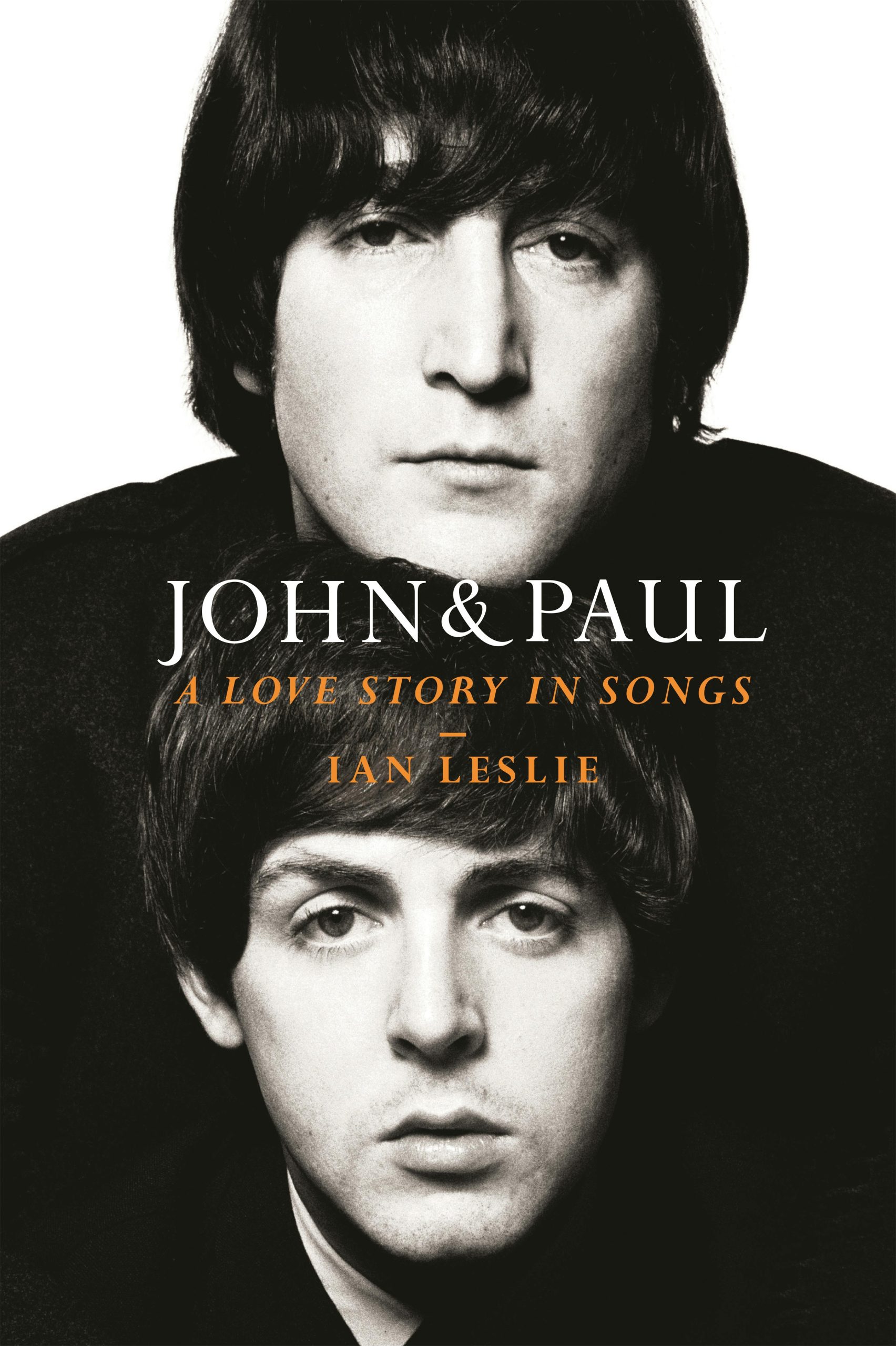
I devoured Ian Leslie’s tender, beautifully written book: “John & Paul: A Love Story in Songs” about the relationship, at times tumultuous relationship, between Paul McCartney and John Lennon, the Mozart and Beethoven of the rock world.
It was unusual to have two individuals with equal talent in the same band, both originating from a port city of Liverpool, England, near the Irish Sea.
But the stars were perfectly aligned when the band was formed in 1960. By the time the Beatles officially dissolved in April, 1970, they had 20 number one hits on the Billboard Hot 100 chart, the most number-one songs in the United States, according to Billboard. They additionally had 34 songs reach the top 10.
Between October, 1962 and May, 1970, McCartney and Lennon co-wrote approximately 180 songs together. Quite an accomplishment.
The best way to understand the McCartney/Lennon relationship is to think of it as a marriage made in heaven, but the more successful they became, the more the romance fizzled and complications ensued.
They both seemed perfectly in sync (they even finished each other’s sentences), until gradually their bond became more of a rivalry instead of a band joined at the hip.
Leslie does exceptional work in chronicling how these two went about writing a song. They were like two gifted painters at their palette, refining the coloring, texture and rhythm of a song so that the words and the music blended together in perfect unison.
It was nothing less than mystic when they were in the studio aided by the musical prowess of producer, arranger, and conductor, George Martin, the Fifth Beatle.
Leslie argues when McCartney wrote “Yesterday” in 1966, it marked a turning point in the band, when McCartney assumed more creative control of the band.
At that point, Lennon became more insecure that Paul didn’t need him as much. He became jealous of McCartney’s charisma, his panache with women, his musical talents, etc.
Like a bad marriage, Lennon and McCartney grew apart. They never complimented each other on their songs; they were now driven by who can outdo the other.
Yoko Ono, the author claims, filled a void for Lennon. The more insecure Lennon became, the more he relied on Ono to fill an empty space in his life, once filled by McCartney.
By the time the band split, the acrimony between Lennon and McCartney reached fever pitch, their animus: bitter, scathing, hurtful remarks, was usually on display in certain songs or in interviews with rock critics.
Slowly, their vicious feud began to thaw and they had some brief phone conversations and face to face exchanges.
When Lennon was killed, McCartney always regretted they weren’t able to patch things up completely.
They were best friends, after all, soul mates, who did love each other.
John’s last words to Paul were: “Think about me every now and then, old friend.”
–Bill Lucey
WPLucey@gmail.com
July 5, 2025

Leave a Reply